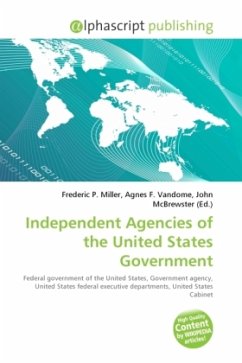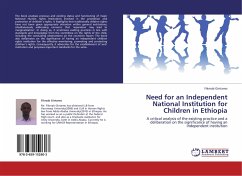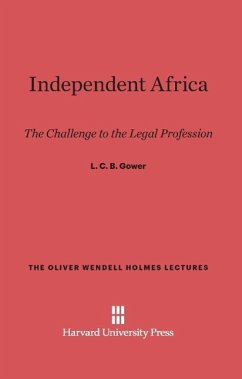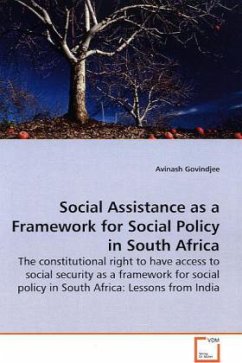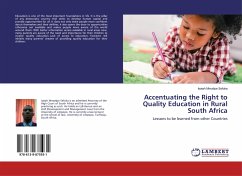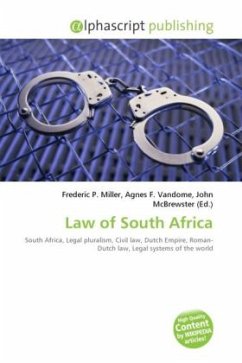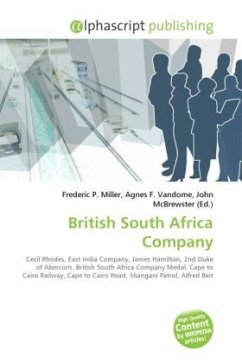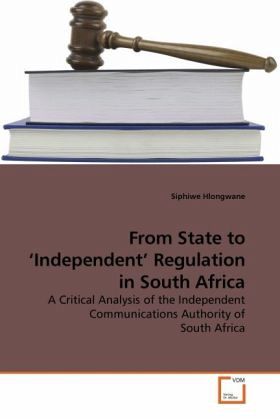
From State to Independent Regulation in South Africa
A Critical Analysis of the Independent Communications Authority of South Africa
Versandkostenfrei!
Versandfertig in 6-10 Tagen
39,99 €
inkl. MwSt.

PAYBACK Punkte
20 °P sammeln!
The assessment of ICASA s independence is mainly based on three indicators identified by the Constitutional Court in relation to regulatory and other state institutions in South Africa, namely: institutional independence, administrative independence, and financial independence. The paper argues that ICASA is not as independent as it should be. First, the interference from the Minister of Communication in certain regulatory aspects such as the National Radio Frequency Plan and infrastructural regulation in general has meant that the Authority is beholden to the whims of the Minister. Second, la...
The assessment of ICASA s independence is mainly based on three indicators identified by the Constitutional Court in relation to regulatory and other state institutions in South Africa, namely: institutional independence, administrative independence, and financial independence. The paper argues that ICASA is not as independent as it should be. First, the interference from the Minister of Communication in certain regulatory aspects such as the National Radio Frequency Plan and infrastructural regulation in general has meant that the Authority is beholden to the whims of the Minister. Second, lack of clear constitutional protection for ICASA has put the Authority in a compromised position, particularly when it comes to dealing with the Department of Communications (DoC). Third, the Authority s funding base is inadequate to enable it to effectively fulfil its mandate, and therefore has the potential to undermine its independence from regulatees.




